Vaughters: Tinkov was a victim of his own sword
He was effectively donating money to the ‘save the Alberto Contador salary fund’
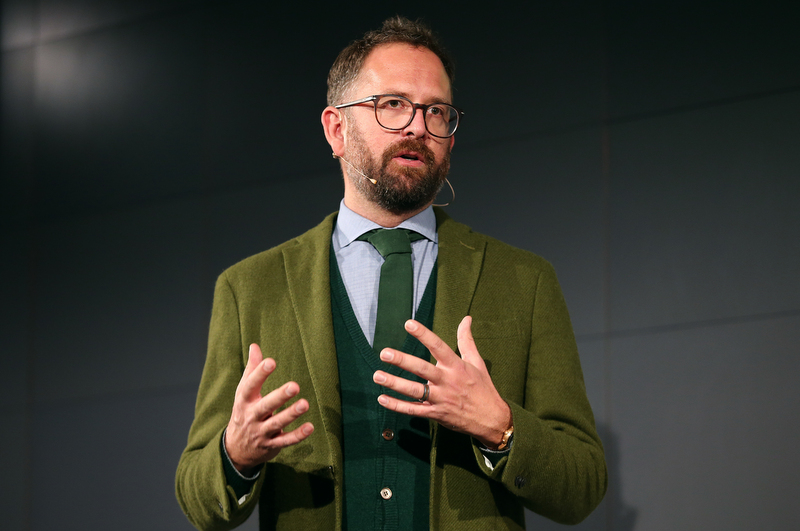
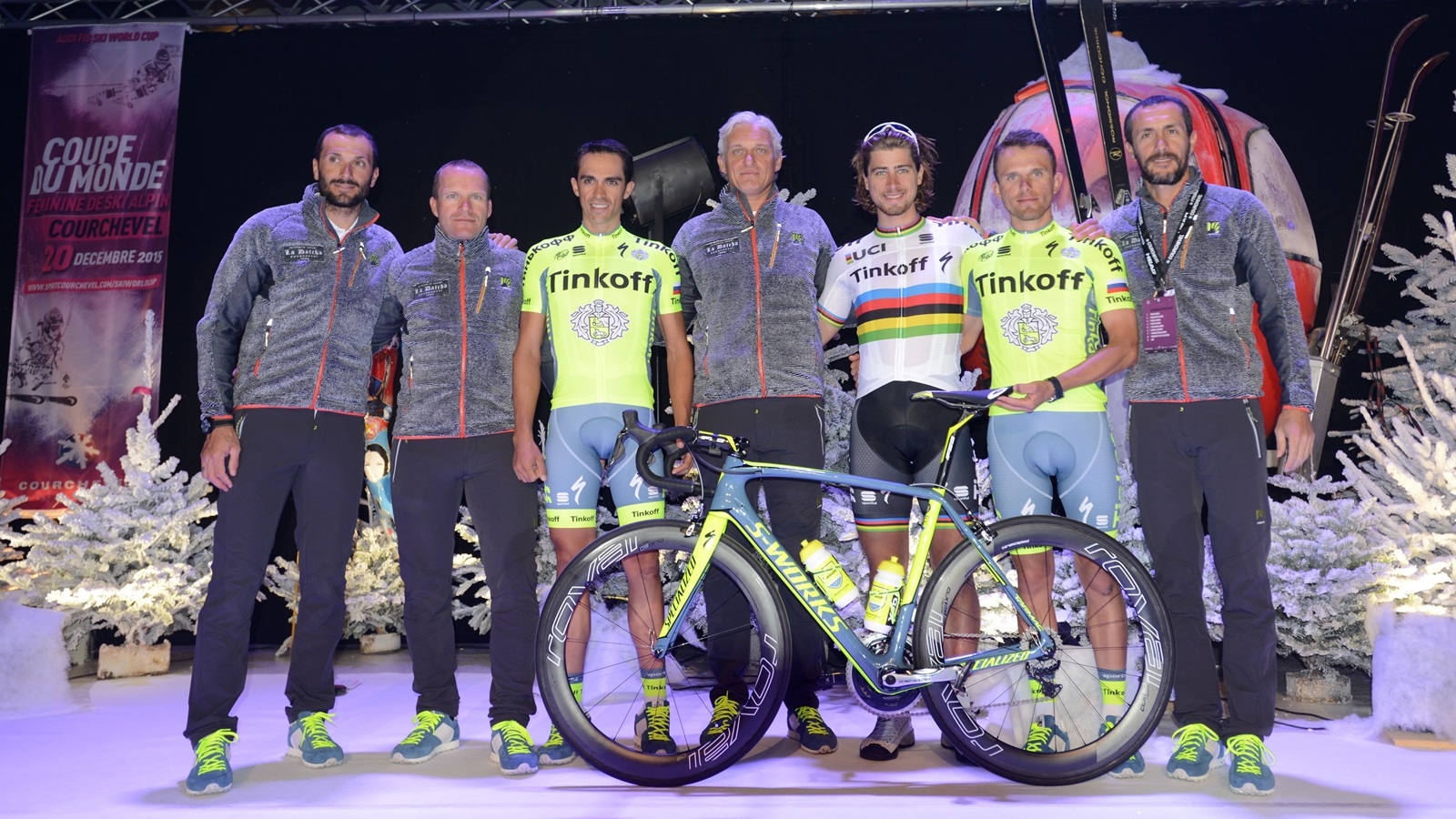
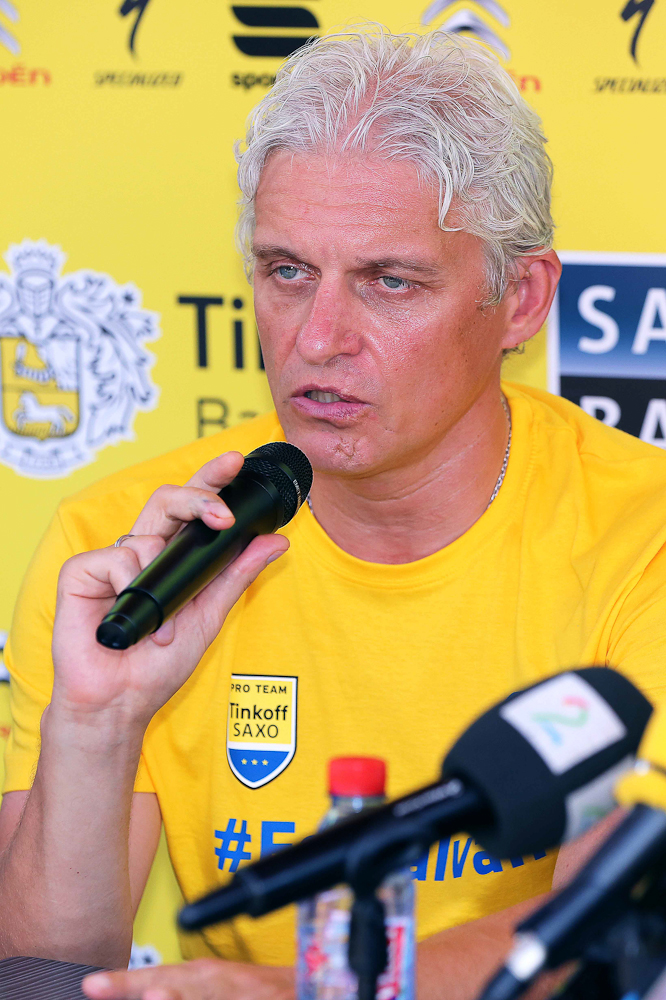
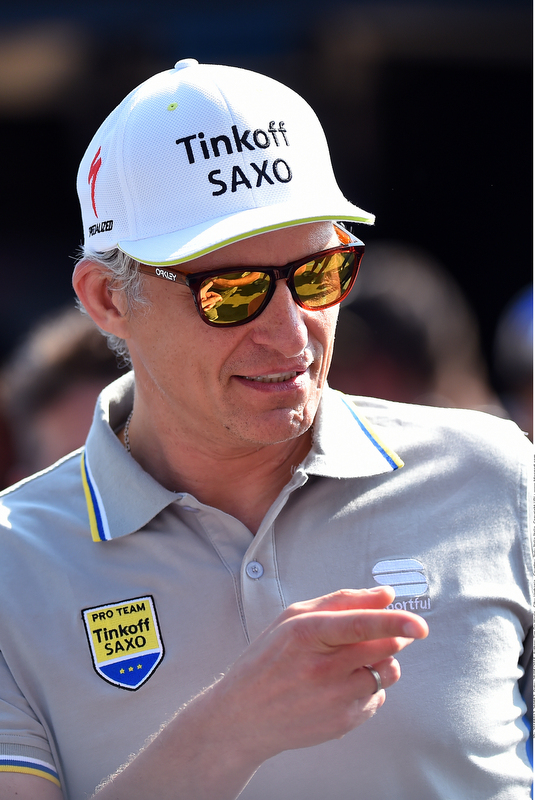
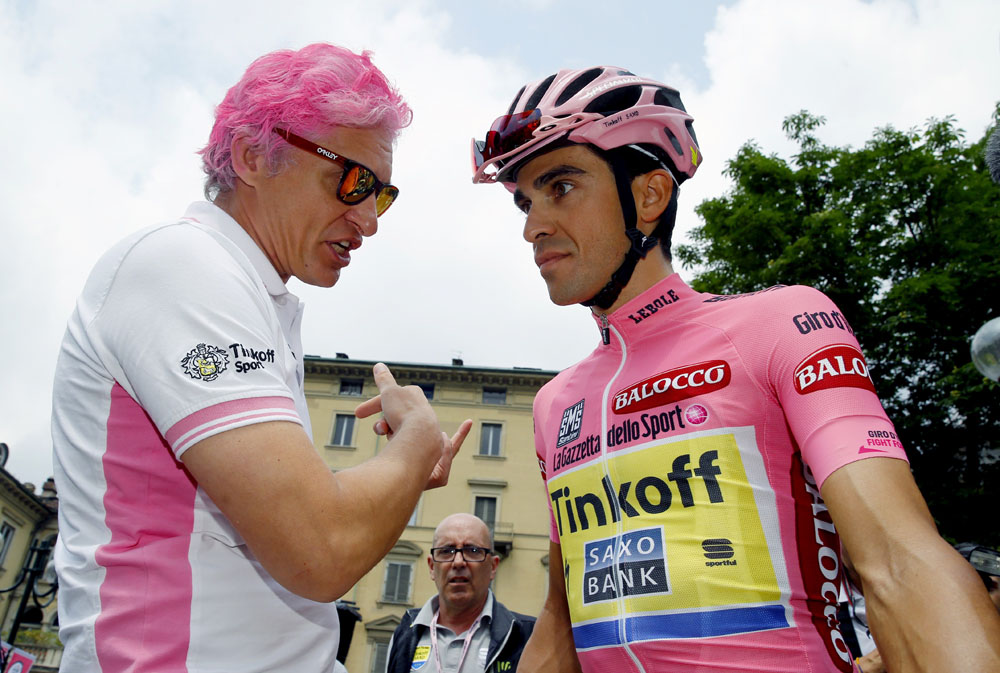
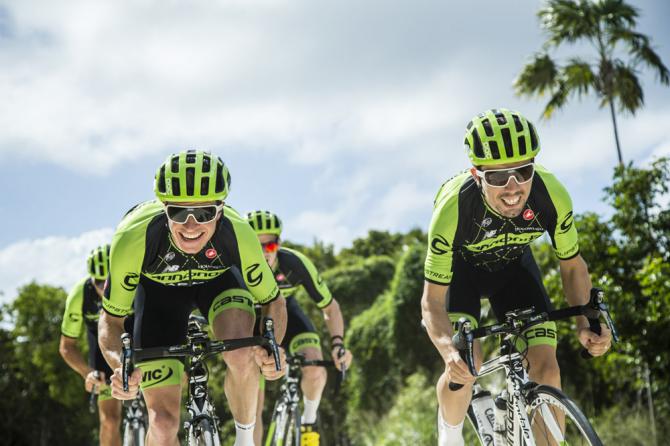
Jonathan Vaughters agrees that the current cost structure for teams within professional cycling was one of the factors that drove Oleg Tinkov to decide to leave professional cycling. However the Cannondale-Garmin team manager added that the Russian oligarch helped manipulate a worrying trend in which teams cannot sustain their longevity within the sport.
Tinkov announced last week, in an exclusive interview with Cyclingnews, that 2016 would be the final season of his involvement and that he was looking to sell his WorldTour squad which will be known simply as Tinkoff in 2016. The Russian cited the lack of return on his investment since he re-entered the sport and bought his current team from Bjarne Riis, as well as the slow level of progress shown in areas such as revenue sharing and the setting up of a franchise-style scheme. He also added that the sponsorship activation his team had created had been a success, therefore hinting that an extension of his role in investing in cycling was no longer required.
“I’m not surprised he decided to do this. He was putting a lot into the team. I think it was around 60 million. No matter how wealthy you are that’s a lot of money to lose as an owner when you don’t have any way of recouping that money in the current way cycling is structured. Essentially you’re not actually investing the money, you’re donating it. He was effectively donating money to the ‘save the Alberto Contador salary fund’,” Vaughters told Cyclingnews.
However, like Tinkov, Vaughters echoed his counterpart’s issues with how the sport lacks a model of sponsorship and investment that encourages long term growth. BMC Racing recently announced that their future was secure for the future, however a number of teams including Tinkoff and Cannondale only have one year left to run on their existing WorldTour licenses.
The argument made for some time is that team would be more stable if the ASO released television revenue to the WorldTour teams, therefore creating influx of capital for squads to build foundations and offset their expensive running costs. However Vaughters argues that television revenue sharing is not the answer to cycling’s problems.
“There’s got to be some fundamental changes if we want a more sustainable system. Everyone talks about getting their hands on ASO’s television revenue, however I don't agree with this. It's premature. We need to add value to their events, before we dive into their profits. Which we can do! But it will take time. In the meantime, if you simply cut a cheque from TV revenues it’s not going to sustain a team. And imagine you get that cheque, so does everyone else, all it would do would be to inflate the salary market of the very few top riders in bidding wars. The money would be burnt through and it wouldn’t add anything to the context of stability. While revenue sharing is good, it doesn’t work on its own. What has to happen is cycling has to get control of its cost structure and create a financial fairness among all the teams, then we can discuss revenue sharing in the context of stability.”
The cost model
The latest race content, interviews, features, reviews and expert buying guides, direct to your inbox!
In the last decade running WorldTour teams has become increasingly expensive. Inflated salaries, added structural costs, and the UCI Biological Passport costs have all been factors, while at the same time the richer teams have simply raised the budgets
“When you see a Tinkov at 30 million and Team Sky at 35 million and Katusha and BMC even higher, that’s just not a good commercial proposition for an incoming title sponsor,” Vaughters said.
“People forget that even though cycling is less expensive than football or baseball from an overall salary standpoint, the sponsorships in cycling are actually really expensive relative to other sports. It’s reached the point where cycling is really expensive. Right now the only teams who can afford a ticket are the ones that are heavily subsidised by government or rich individuals. So teams like our, like LottoNL, we have to function with around 10 million for the title sponsorship and 15 million for the total budget. To me, until you get some legislation in place that creates financial parity for all teams you’re always going to have an environment where a rich guy comes in, buys a few expensive riders, gets sick of it and then goes away. Before we get into revenue sharing we need to get into a better cost model.”
Budget caps
Financial parity is not a term cycling is used to and although rich investors and sponsors have been attracted to the sport, the volatility in long term investment has only led to growth in certain spheres of the sport’s economy and namely in wages for the best riders in the world.
“You have to understand that as part of any financial plan or fairness you need to increase the wages of the workers in cycling. The wage inflation in cycling, that has pushed budgets up, concerns maybe for the top 15 riders in the world. Example, Peter Sagan’s contract is roughly five million Euro a year, that’s twice as much of what Lance Armstrong was earning. I was talking to an ex-teammate a while ago and he was a solid domestique and he was being paid 90K a year back in the 2000s. That’s what a good worker is being paid now. So the upper crust of riders their values have tripled and everyone else has seen their worth stagnate. This has to change, we have to value the efforts of the workers in cycling more. Budget caps would give protection and stability to teams and their riders. And as the sport grows, we increase the amount of the caps. It's not about limitation; it's about financial fairness.
Tinkov out
Cycling has been in a stalemate for some time. Tinkov thought that he could fix the underlying issues but they stem from a historical culture that has given cycling prosperity in one hand but held it back with the other.
Again, Vaughters understands Tinkov’s frustrations but points out that part of the problem Tinkov highlighted in his major announcement lies at his own feet.
“It’s funny he’s complaining about the broken financial model in cycling when he was the one who drove the inflation. I like Oleg but his ideas of having franchises and distribution of media rights are old and have been tried by many, in fact they go back to the original ProTour with Hein Verbruggen.
“Tinkov drove up the market value and then says shit it’s too expensive, I’m out. There needs to be some more firmly established financial rules for the game because he is a little bit of a victim of his own sword.”
Daniel Benson was the Editor in Chief at Cyclingnews.com between 2008 and 2022. Based in the UK, he joined the Cyclingnews team in 2008 as the site's first UK-based Managing Editor. In that time, he reported on over a dozen editions of the Tour de France, several World Championships, the Tour Down Under, Spring Classics, and the London 2012 Olympic Games. With the help of the excellent editorial team, he ran the coverage on Cyclingnews and has interviewed leading figures in the sport including UCI Presidents and Tour de France winners.
